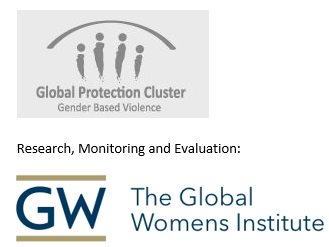- Monitoring, evaluation, and impact assessments should be regularly carried out to ensure effectiveness of DDR programmes. Women’s networks should play an active role in:
- Monitoring and reporting problems and issues faced by women associated with armed forces, including sexual violence, so that programmes can better meet their needs.
- Monitoring and reporting violence against women and girls in the community, so that adequate protection measures are put in place (UNMIL and OGA, 2010).
- Evaluating the effectiveness of all DDR programmes and reforming programmes as needed.
- Identifying barriers to women’s participation as ex-combatants (Council of the European Union and the European Commission, 2006).
Additional Resources:
For sample DDR programmes for children and adults, see Specht, I. 2006. Red Shoes: Experience of Girl-Soldiers in Liberia. Geneva: International Labour Office, p. 124 and 127.
For Standard Operating Procedures on Gender and DDR, see UNIFEM. 2004. Getting it Right, Doing it Right: Gender and Disarmament, Demobilization and Reintegration. New York: UNIFEM, p. 30.
For in-depth case studies of DDR and peacebuilding processes in Liberia and Bougainville, Papua New Guinea, see: UNIFEM. 2004. Getting it Right, Doing it Right: Gender and Disarmament, Demobilization and Reintegration. New York: UNIFEM, p. 9-29.
For an in-depth case study of the experiences of girls with armed groups and the DDR process in Sierra Leone, see: Denov, M. 2006. Wartime Sexual Violence: Assessing a Human Security Response to War-Affected Girls in Sierra Leone. Security Dialogue, 37(3), p. 319-342.
This article, by UNIFEM, provides a checklist to assist in designing and realising gender-sensitive short-term DDR goals and envisioning long-term peace support measures. It focuses on how women can be included, recognised and supported in the their roles in DDR processes. Ziebell, S. and Goetz, A. 2003. Gender-Aware Disarmament, Demobilization and Reintegration (DDR): A Checklist. New York: UNIFEM.
